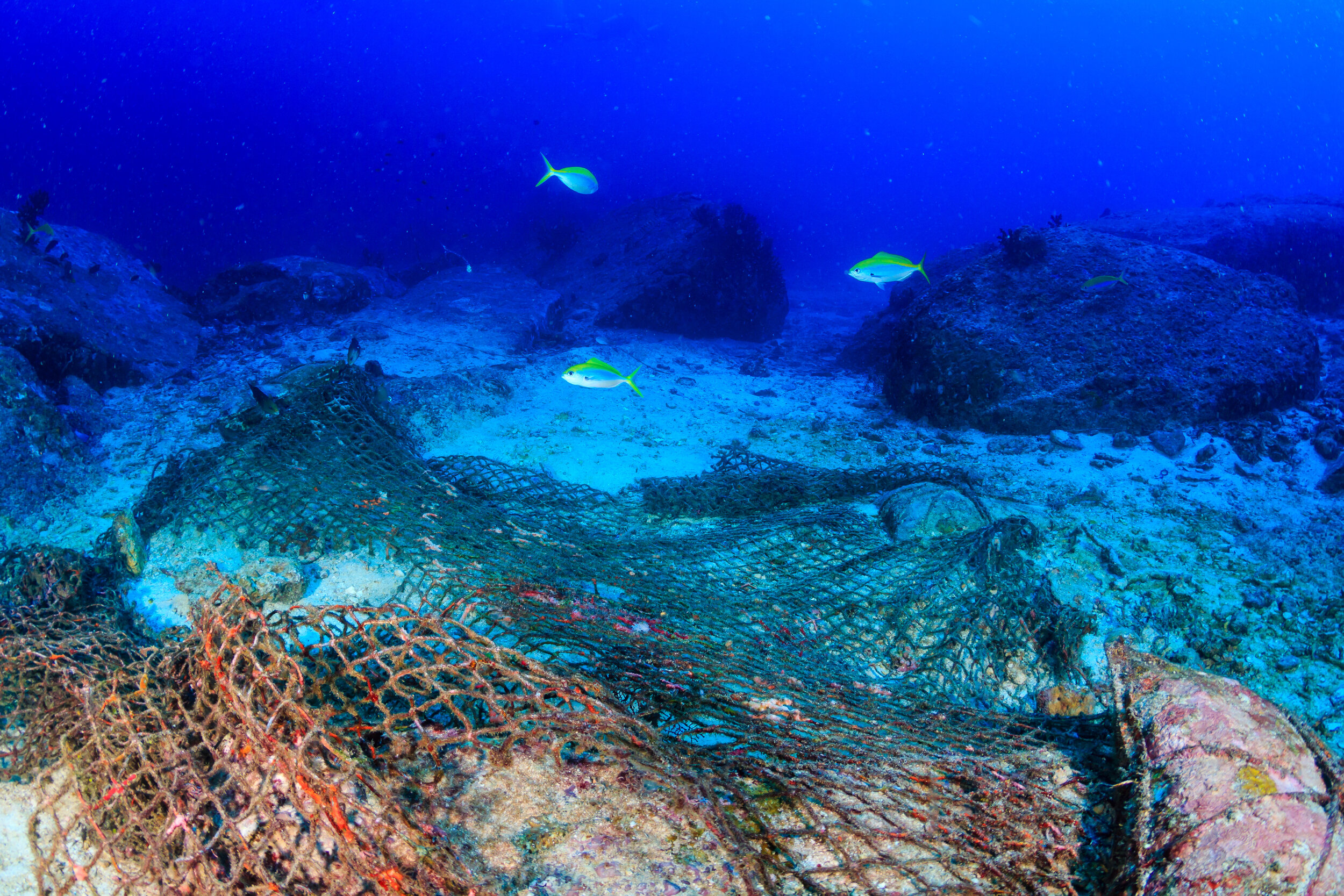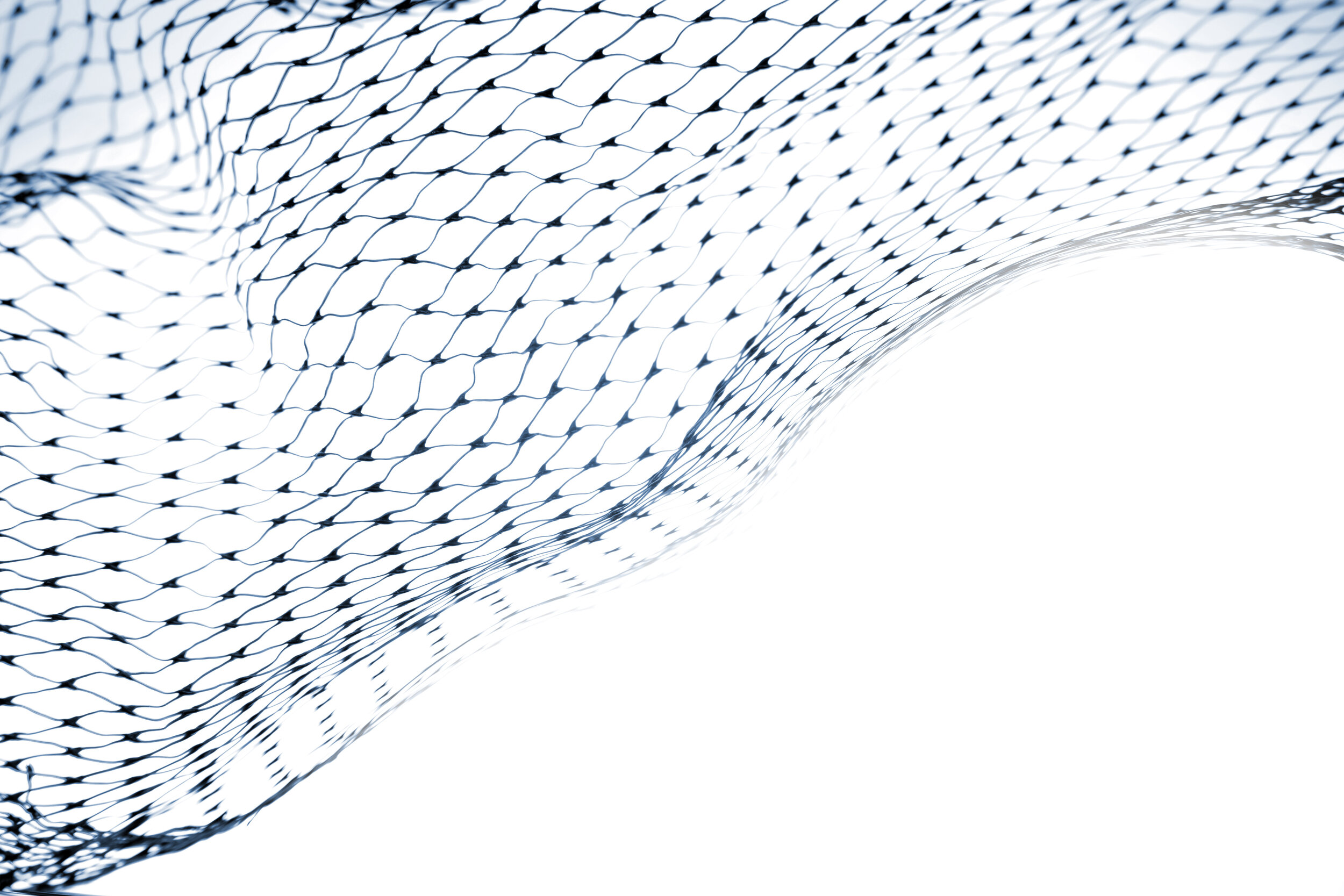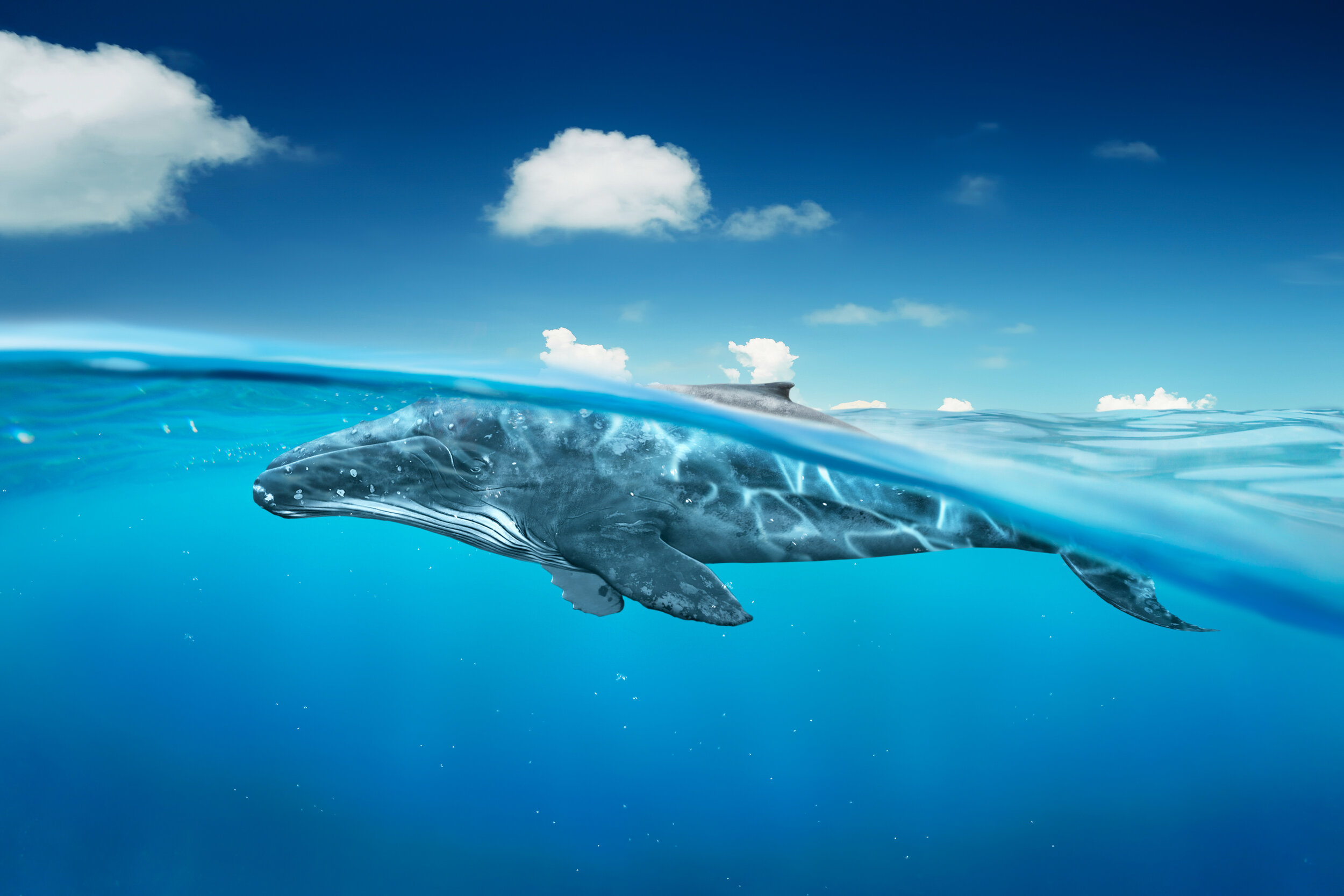
The ghosts devastating our oceans
A single discarded fishing net can entangle and kill hundreds of animals. These ghost nets are also a major contributor to the ocean plastics crisis.
We’re working towards solutions.

We are destroying the extraordinary gift of our oceans. We must unite as Canadians and take action.
Nautical Waters is working towards cleaner oceans and reducing the number of marine lives lost to discarded fishing gear and nets.
Ghost nets are killing our oceans.
The scale of the problem is huge.
“Approximately 46% of the 79 thousand tons of ocean plastic in the Great Pacific Garbage Patch is made up of fishing nets, some as large as football fields, according to the study published in March 2018 in Scientific Reports, which shocked the researchers themselves who expected the percentage to be closer to 20%.”
Sea Shepherd Society (source)
“More than 640,000 tonnes of nets, lines, pots and traps used in commercial fishing are dumped and discarded in the sea every year, the same weight as 55,000 double-decker buses.”
The Guardian (source)
Discarded nets keep killing.
“The United Nations Environment Programme estimates 640,000 tons of fishing gear is lost each year, resulting in the deaths of more than 136,000 seals, sea lions and small whales annually.”
CTV News (source)
“The plastics that make up most of the nets in the oceans today take around 600 years to break apart. One old gill net found wedged between rocks off the coast of the San Juan Islands reportedly sat atop a pile of marine bird and mammal bones that was three feet deep.”
Natural Resources Defense Council (source)
Shells are no defence.
“Mexico's federal agency for environmental protection announced that more than 300 olive ridley sea turtles had died after apparently becoming entangled in a fishing net. The animals were found floating together off the coast of the southern state of Oaxaca, their shells cracked from more than a week of drying in the sun.”
National Geographic (source)
“Over the past decade it’s thought that 10,000 turtles have been impacted by the ghost nets off northern Australia alone.”
Documentarian Rosie Fuller in The Independent (source)
Nets don’t spare coral.
“A primary effect of reef entanglement is structural damage to the coral substrate that comprises the physical habitat for reef biota. Waves acting on the ensnared nets and lines cause them to break off coral heads. The liberated gear subsequently snags and similarly damages other coral.”
Smithsonian (source )
“They found sites with nets had significantly less live coral and more bare substrate. These findings were not related to net size or the amount of algae growing on the nets (also called fouling). This suggests that nets of all sizes and conditions can harm the coral reef community.”
National Oceanic and Atmospheric Administration (Source)

How can you help?
Become a Donor
We’re planning to work with like-minded partners to locate and retrieve discarded fishing nets from our oceans and find ways to repurpose them with minimal environmental impact. Your donations will go a long way in making this goal a reality.
Spread the Word
Follow us on Twitter, Facebook and Instagram so you can track our progress and stay informed about organizations like ours working towards a cleaner ocean where wildlife can thrive.
Shop at the Sea Store
Visit the Sea Store and purchase a tee or market bag. 100% of the proceeds from every sale go directly towards supporting our mission.

I’m Natalie, join me on my mission.
My name is Natalie McIntosh. I am a fifteen year old girl who has a deep passion for marine life. I am dedicated to making our oceans cleaner and safe for all animals to live in.
Ever since I was young I have always had a huge interest in marine life. As I grew older, I realized that what I perceived the ocean to be was not reality. Our oceans are full of plastic pollution and chemicals, and we are doing very little to try and solve this issue. I first found out about ghost nets when I was researching information about a project I had to complete about marine life. What I read was horrible and stuck with me for years. I wanted to help prevent as many deaths as possible from discarded fishing nets and gear, and spread awareness about this problem that occurs within the depths of our waters.
You can help by getting involved today. If you have questions please get in touch.
In The News
Why this teenager spends her free time turning ghost fishing nets into baskets
“With her family's help, McIntosh upcycles old fishing gear donated by a handful of other charities, including Emerald Sea Protection Society in British Columbia and Coastal Action in Nova Scotia.”
London Morning with Rebecca Zandbergen
15-year-old Natalie McIntosh dreams big. A school assignment turned into a passion project to upcycle discarded fishing gear. McIntosh tells London Morning about 'Nautical Waters.'
CBC Kids News
Profiling cool kids doing cool things. What makes Natalie so awesome? Hit the link.
Watershed Sentinel
“McIntosh is using plastic pollution to fuel a voyage into the depths of sustainability.“













